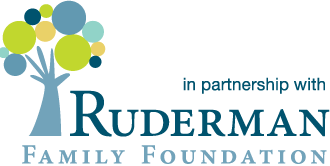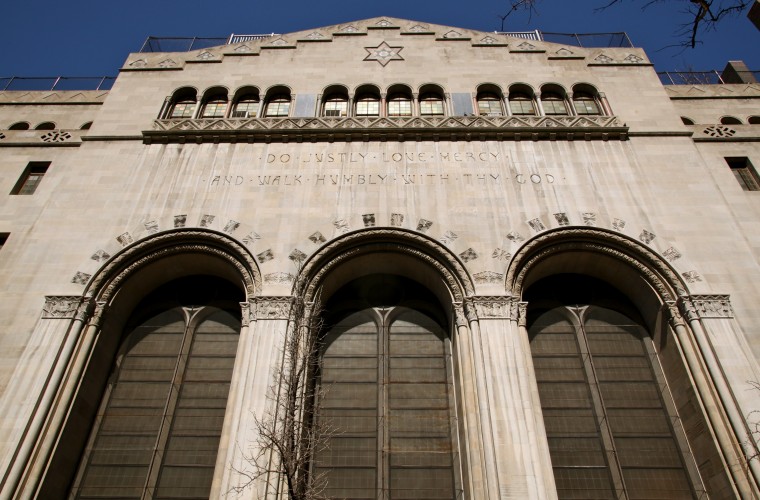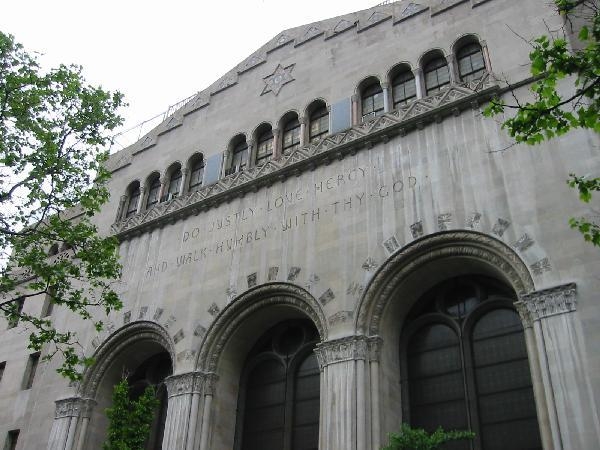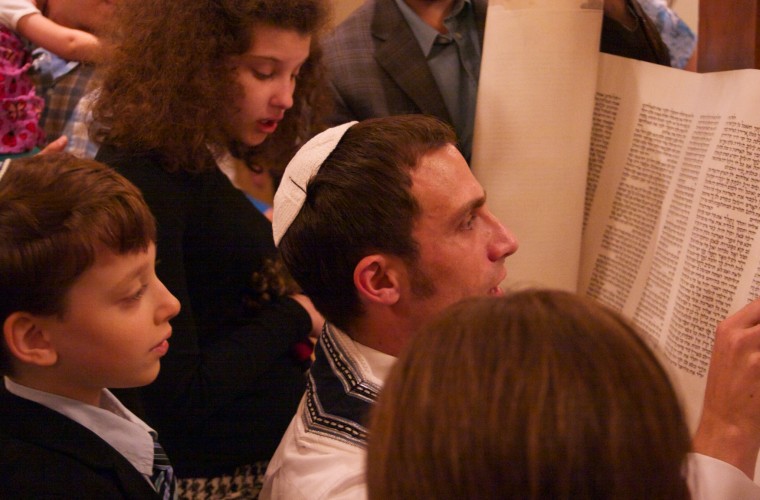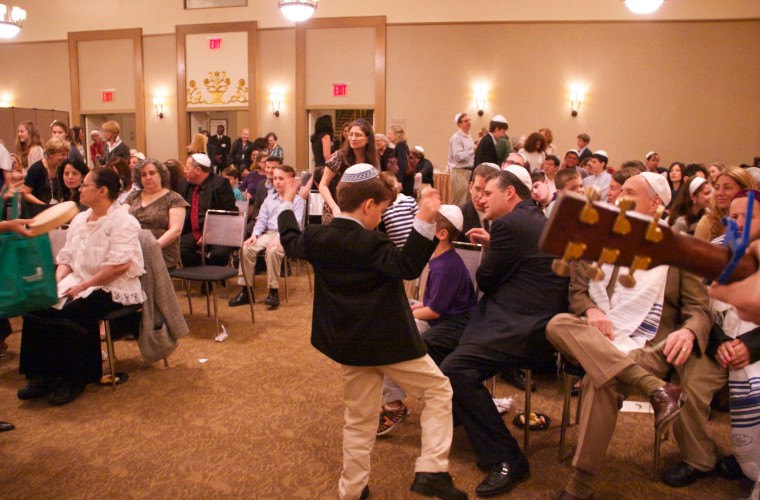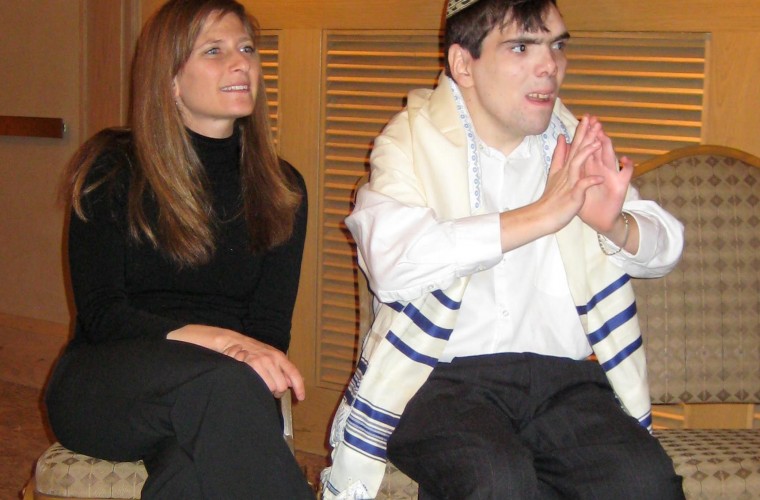Areas of Inclusion: Advocacy & Community Partnerships, Autism, B’nai Mitzvah, Blindness, Deafness, General Inclusion, Religious School, Worship, and Youth Group, High School, and College Programming
About the Congregation
7 West 83rd St.
New York, NY 10024
Number of Congregants: 1,800
Contact Information
Congregation Rodeph Sholom, one of New York’s most distinguished Reform congregations, is an extended family of people who care about each other and our community. We strive to educate and inspire children, youth and adults to participate actively in worship, Torah study and Jewish life experience, and to put Reform Jewish religious and ethical principles into action. We seek to enrich the lives of our members, contribute to the continuance and vitality of the Jewish people, and Tikkun Olam — to help repair the world.
Inclusion Programming
Does this congregation have an inclusion committee?
Yes
Developing Our Program
Our senior Rabbi has had a long held desire to increase accessibility at our synagogue. “As your rabbi, my hope is that all of us, clergy and congregation alike, will do everything we can to embrace those who have stepped forward and shown a willingness to make Congregation Rodeph Sholom their spiritual home…” Under his leadership, inclusion became a central pillar of our community. Our inclusion mission is to cultivate and sustain an inclusive environment in which all current and prospective members of the Rodeph Sholom Synagogue and School communities feel welcome and embraced, regardless of their attributes including but not limited to race, ethnicity, gender, socioeconomic status, disability, age, sexual orientation and gender identity. With respect to religious diversity, we welcome all people who seek a connection to Jewish life, we value non-Jewish individuals who are part of our community and we encourage their involvement.
In the process of interviewing congregants for a Congregation-Based Community Organizing effort, Gina Levine spoke with fellow congregant, Nancy Crown who has a daughter on the autism spectrum. After discussing the experiences she had as a parent, and the difficulties she encountered particularly within the Jewish world, Gina then spoke with her husband, Rabbi Robert Levine, about the interview and he immediately mobilized his staff to support a new area of inclusion efforts. Gina and Nancy both agreed to co-chair this new special needs initiative, now called Shireinu.
Five years later, Shireinu has created a worship platform for families with special needs, open to both members and non-members, produced instructional videos and resources to assist other communities in building similar efforts, inspired a new Shireinu B’nai Mitzvah program, and served as a consultant to dozens of other churches and synagogues to create open doors of inclusion to families with special needs.
Program Development Links
Number of people involved in the effort: 120
Involving People with Disabilities
People with disabilities serve as Shireinu Committee members and volunteer at our services. We solicit feedback from our Shireinu attendees following every service and incorporate their suggestions. In addition, adults and children with disabilities help lead services.
Funding This Effort
Initial starting funds came from clergy discretionary funds. This was soon expanded by grant funding from the URJ and UJA, private donors, and now the annual costs of Shireinu are covered by the operating budget of the congregation.
Funding Links
Helpful Agencies & Organizations
Early in our process we hired Robert Accordino, the founder and director of “Music for Autism,” a pioneering organization that offers interactive, accessible concerts to individuals and families with autism. Robert proved to be an invaluable resource as we imagined how we could create spiritual and meaningful worship with an awareness of special needs as a starting point.
Additionally, we identified over a dozen individuals with expertise with special needs, professionally or personally, and this in-house pool of knowledge and experience proved essential in thinking through all aspects of our services
List of Helpful Agencies & Organizations
Spreading Awareness About Our Work
Several of our committee members are parents and/or professionals in fields relevant to disabilities. We have developed a network of contacts (individuals, schools, mental health organizations, training institutes, clinicians, etc.) that we inform about our initiative and we notify them before each service. We have posted announcements on web-boards, listservs and in relevant newspapers. Members of our Committee have published articles online and in print, and we have been interviewed by various news publications. We have also been panelists at URJ, UJA, HUC, and JTS workshops, presenting the framework of our Shireinu worship services and educational materials to students, professionals, and lay leaders at each organization.
Process & Sharing
Marketing Documents Indicating Our Commitment to Inclusion
- Congregation Rodeph Sholom - Inclusion on the Website
- Congregation Rodeph Sholom Shireinu Front Page
- Congregation Rodeph Sholom Shireinu Website
- Congregation Rodeph Sholom Shireinu Website Resources
History, Materials & Processes that Guided Our Approach
Below, please find samples of the Social Stories we developed and send to attendees prior to each service. We are also including a few articles describing our services. We created a six part video series accessible via a link on our website that serves as a visual “how to” manual for use by synagogues and other houses of worship. The videos outline the process we went through in developing our services step-by-step. Additionally, we now have all the elements and music from our services recorded and the audio files are also available.
We recommend a thoughtful consideration of whether, how and when to offer services integrating worshipers with disabilities with the broader congregation. We started with a service designed specifically with our Shireinu population in mind and limited the number of mainstream attendees. Slowly, and based on feedback from our Shireinu community, we engaged in a “reverse-integration” where a small number of worshipers from our broader synagogue community joined the Shireinu services. Initially, we heard differing voices advising us to integrate our two communities immediately, but this is not what our Shireinu families wanted or felt comfortable with.
We include American Sign Language (ASL) interpretation at each service. In addition to making our services accessible to Deaf people, others benefit from the visual support provided by Sign. Visual supports are incorporated throughout the services through a large and colorful visual schedule that is used to track where we are in the service. Our services are interactive and musical allowing for plenty of moving around. We make a “Quiet Room” available in an adjacent space in case someone needs to regroup.
Each Shireinu service follows a consistent format and sequence so that our community knows what to expect. We have found that this predictability lessens anxiety and increases participation.
History, Materials & Process Links
History, Materials & Process Documents
Evidence of Successful Inclusion Efforts
Families and individuals of all denominations and from all Boroughs attend. We often have people come from other states as well. We have worked with other synagogues and churches from around the country to help them create similar initiatives within their own communities. Our services draw 50-120 people, and nearly every family who has experienced Shireinu remains a continuous part of our growing community of families with special needs.
Evidentiary Documents
Evidence of Changing Attitudes
Our congregation has begun to become more educated and sensitized to disabilities as they have interacted and joined in worship with our Shireinu members. Many congregants have expressed pride that our synagogue has been at the forefront of inclusion efforts, and we often hear that our services are a favorite among the synagogue’s offerings. “Shireinu” and “special needs” are now woven into the center of what our community believes is its core mission, and with a new ASL choir, a Shireinu B’nai Mitzvah program, expanded disabilities curriculum in both schools, and efforts to create employment opportunities for adults with special needs, the efforts of Shireinu continue to expand the doors of inclusion throughout the community.
How We're Using and Sharing the Disabilities Inclusion Learning Center
Our Shireinu Task Force, made up of both professional and personal experts in the world of special needs and disabilities, continues to explore further efforts of inclusion and support. Our group meets regularly and we will add the Disabilities Inclusion Learning Center resources as additional aides for our efforts, and hope to have ideas from the site spark new initiatives for Shireinu.
Future Inclusion Efforts
We hope to foster more integration between our larger community and our Shireinu community as the latter wishes. We would like to find leadership opportunities for Shireinu members in synagogue life. We are creating an ASL choir made up of adults and children, hearing and Deaf people, voice and Sign. We continually explore ways we can make our community more inclusive and accessible. For example, we have hired a Deaf ASL consultant to help us with the ASL choir. Additionally, we continue to explore creating new doors for employment within our community for young adults with special needs, an essential area of growth for us as a community and the Jewish world in general.

